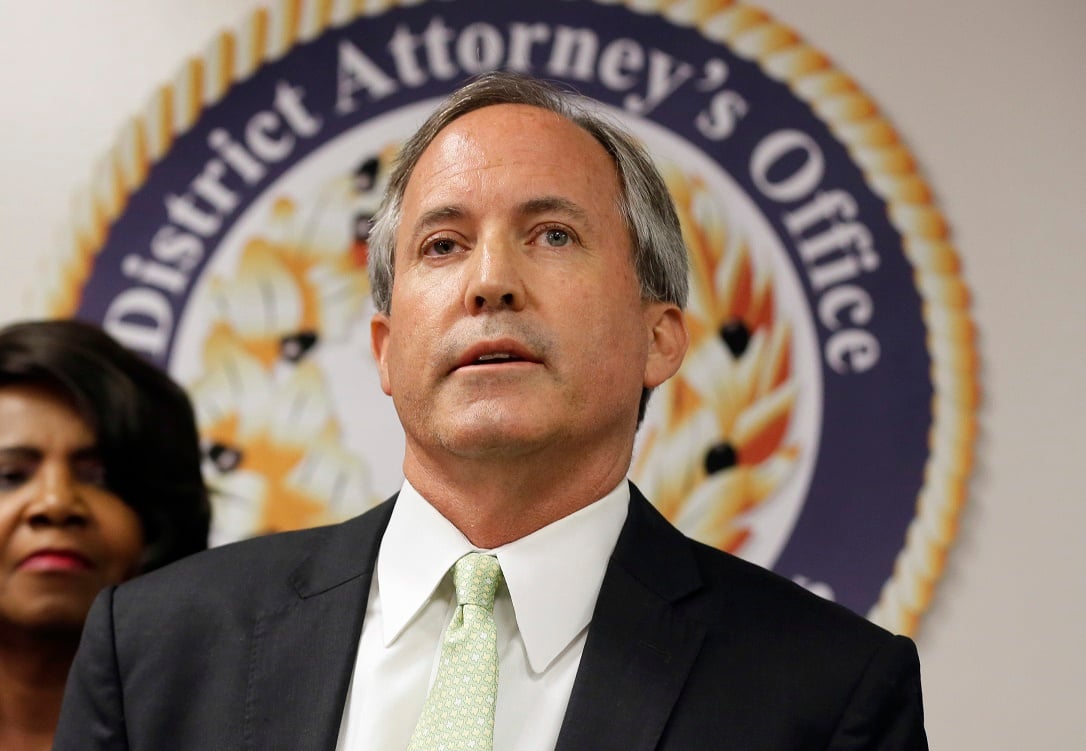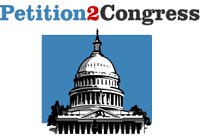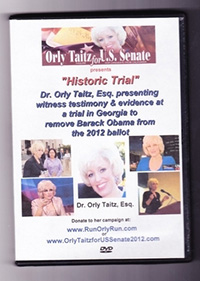SAN FRANCISCO (CN) — A federal judge dismissed Yelp’s First Amendment lawsuit against Texas Attorney General Ken Paxton on Thursday, citing a doctrine from a 1971 Supreme Court case preventing federal courts from hearing the suit.
Yelp claimed Paxton was attempting to make the company comply with his personal views on abortion and censor the company’s free speech rights when he sued Yelp this past September over the company’s labeling of crisis pregnancy centers.
After the Supreme Court upended nearly 50 years of precedent protecting a woman’s right to abortion with Dobbs v. Jackson Women’s Health Organization in June 2022, Yelp began including a notice on Yelp pages for crisis pregnancy centers for six months, from August 2022 to February 2023. The notice told users that crisis pregnancy centers “typically provide limited medical services and may not have licensed medical professionals onsite.”
Paxton, noting that Yelp did not have a similar disclaimer on clinics operated by Planned Parenthood, said the disclaimers “threaten to steer away hundreds of thousands, if not millions, of women and families who could benefit from using the services provided by pregnancy centers across the country.” The two parties then sued each other.
In a preliminary injunction hearing in November, a Yelp attorney said that the disclaimer was truthful, noncommercial speech that Paxton was seeking to censor.
U.S. District Judge Trina Thompson dismissed Yelp’s lawsuit, citing the Younger abstention that the Supreme Court first articulated in Younger v. Harris in 1971. That abstention prevents federal courts from hearing civil rights tort claims brought by someone who is being prosecuted for a related matter in state court — Yelp faces claims in Texas state court and since it has not proven that a bad faith exception applies the Younger abstention control, Thompson wrote.
Thompson ruled the abstention is appropriate because the state proceedings are ongoing and implicate an important state interest for Texas — protecting its consumers from “deceptive trade practices.”
“Paxton argues that these elements are met; Yelp does not contest that they are; and the court concludes that Paxton is correct. There is an ongoing state proceeding—Paxton filed his complaint in Bastrop County court on September 28, 2023, one day after Yelp filed suit in the Northern District of California,” Thompson wrote.
There are exceptions to the Younger abstention “when the ‘state proceeding is motivated by a desire to harass or is conducted in bad faith,’” but Yelp had failed to prove that Paxton was acting in bad faith when he sued the company, Thompson wrote.
Yelp argued Paxton sued in bad faith because his attorneys acknowledged at a hearing that the disclaimer was “literally true,” and accused Paxton of retaliation because he filed the suit one day after Yelp sued in California to protect its First Amendment rights. Yelp also accused Paxton of filing the suit in an attempt to “score points with his base of voters” after he survived an impeachment vote.
“While persuasive, Yelp’s story does not escape Younger’s pull. For one, Paxton’s lawsuit is not ‘facially meritless,’” Thompson wrote. She noted that Paxton is also suing Yelp for, among other things, “disparaging the goods, services, or business of another by providing a false or misleading representation of facts” with its disclaimer, which Paxton claimed “falsely or misleadingly disparaged CPCs.”
“Though he brought the case after Yelp filed in this court, he had advised Yelp that he might sue one week before Yelp filed. And Yelp has not pointed to concrete evidence of Paxton’s desire to rebound from his near-impeachment or to curry favor among Texas voters. Nor has Yelp pointed to a history of harassment from Paxton,” Thompson wrote. “To be clear, the court is not convinced that Paxton acted entirely in good faith in bringing this case against Yelp; still, Yelp has not provided enough concrete evidence of his subjective motivations to prove otherwise.”
Yelp asked the court to stay the case if the Younger abstention applied, but Thompson wrote that the abstention required the case to be dismissed as a general rule.
Attorneys for both parties did not respond to requests for comment by press time.
Subscribe to Closing Arguments
Sign up for new weekly newsletter Closing Arguments to get the latest about ongoing trials, major litigation and hot cases and rulings in courthouses around the U.S. and the world.













 29839 Sta Margarita Pkwy,
29839 Sta Margarita Pkwy, 
 Videography by Barbara Rosenfeld
Videography by Barbara Rosenfeld 

